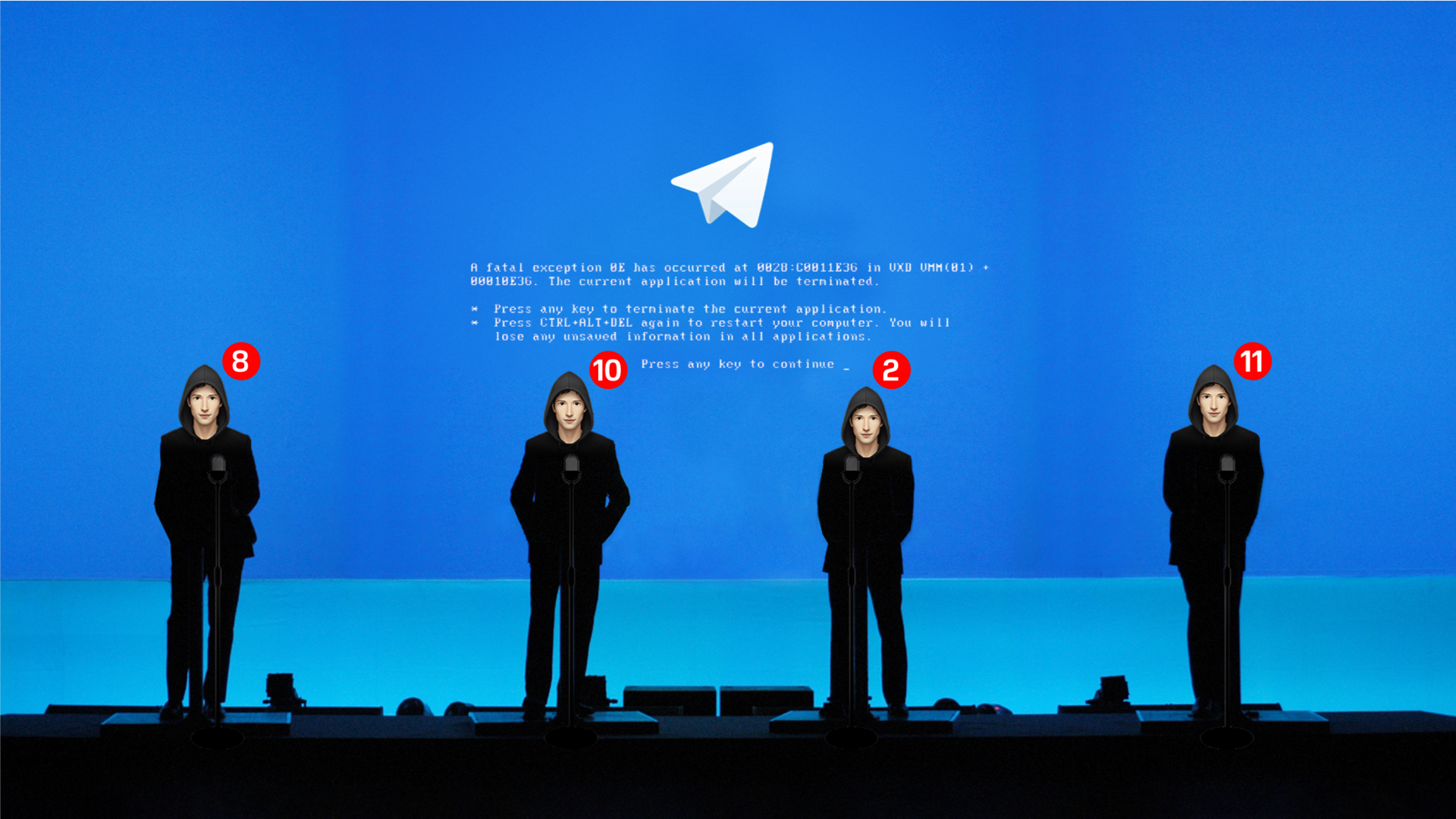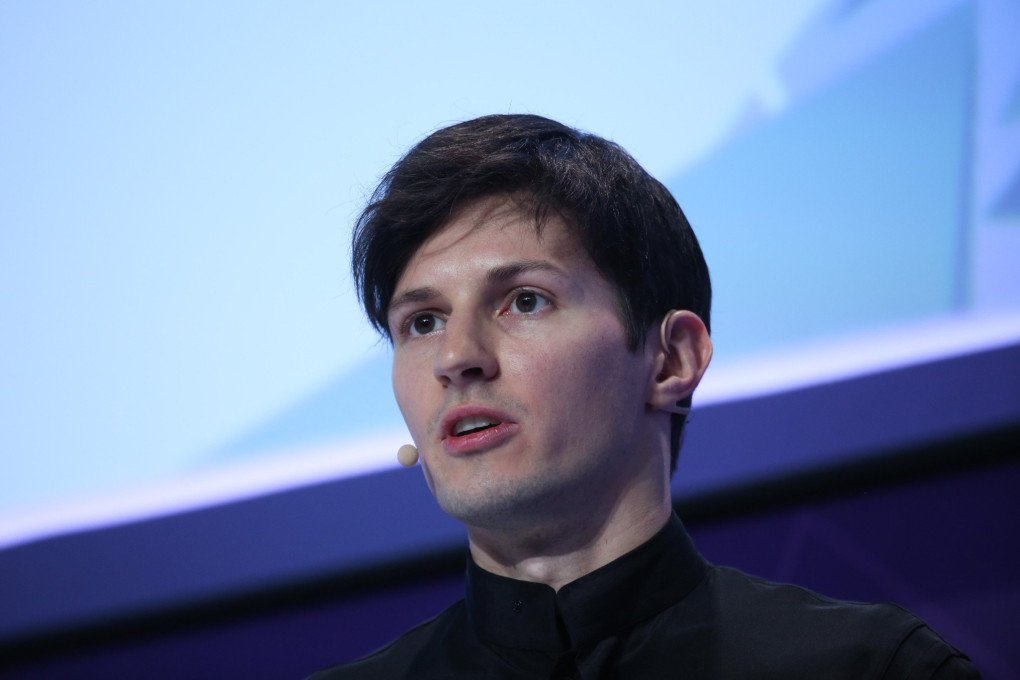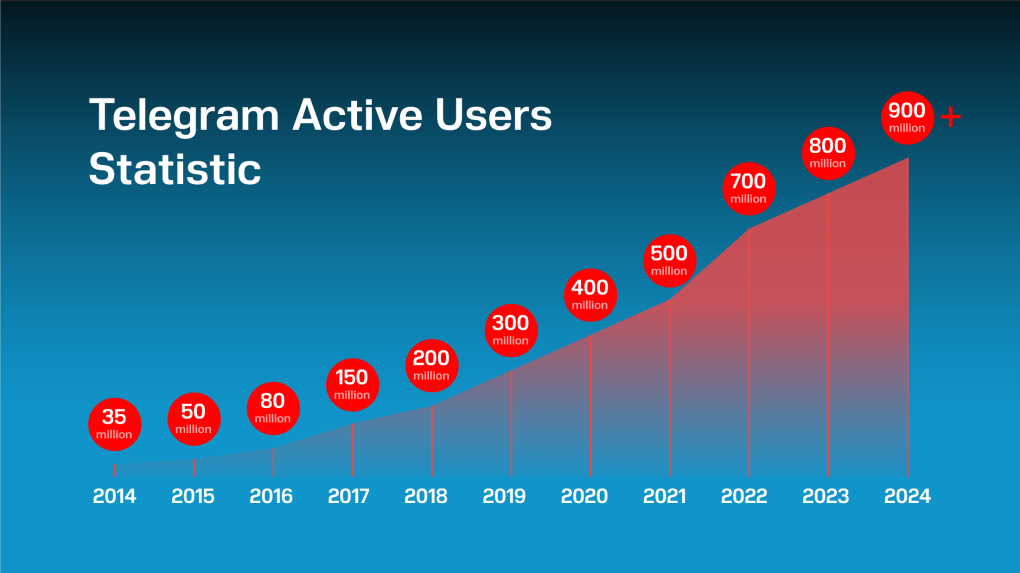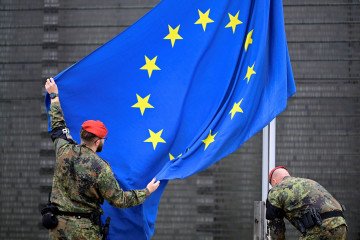- Category
- World
Who Is Pavel Durov and Why Is Telegram Suspected of Collaborating with Russian Intelligence?

Pavel Durov, the founder of the widely-used messaging app Telegram, was recently arrested in France, where he now faces 12 charges, including allegations of ties to Russia—allegations he firmly denies.
In a surprising move, controversial American host Tucker Carlson interviewed Durov, who rarely gives interviews or discloses details about his messaging app. Insiders suspect that Durov’s recent media activity is part of a strategy for a future IPO of Telegram. Just a month earlier, an article featuring Telegram’s user numbers was published in the Financial Times. Among other things, Durov revealed that Telegram’s user base now exceeds 900 million people, placing it among the top 10 messaging apps globally.
The need for an IPO is seen as a way for Telegram to access funds. Telegram is still not profitable, according to insiders, and its paid features were only launched recently, with revenue insufficient for sustainable growth. Durov has been selling bonds to fund Telegram's operations, which will soon need to be repaid.
On August 24, Durov was arrested in Paris, where he had arrived for unknown reasons. The entrepreneur was charged, given bail of €5 million, and released, but he is prohibited from leaving the country. Durov has not commented on the incident, and Telegram representatives have issued only brief official statements that do not address the details of the arrest.
France is not the only country with questions for Telegram and Durov. In Ukraine, he is suspected of collaborating with Russian intelligence, with numerous pieces of circumstantial evidence pointing in that direction.
Who is Pavel Durov?
Pavel Durov is a Russian entrepreneur who, in the early 2000s, created one of Russia's most popular social networks—VKontakte, later known as VK. In Russia and neighboring countries, VK remained a leader for a long time, even surpassing Facebook in terms of user numbers. Thanks to VK's growth, Durov’s fortune quickly surpassed hundreds of millions of dollars. However, the platform's size made it a target for the Russian state: a platform with tens of millions of Russian users could not bypass Russian censorship.

In 2014, under pressure, Durov sold all his shares in VKontakte and left the company. It is unclear exactly how much Durov’s fortune amounted to at that time, with estimates ranging from $300 million to $700 million.
After selling the company, Durov left Russia. He later focused on developing a new product—Telegram.
In the following years, Durov obtained citizenship in France, Saint Kitts and Nevis, and the UAE, while still retaining Russian citizenship, despite declaring in 2014 that he had no plans to return to his homeland. It was later revealed that this statement was not entirely true.
After emigrating, Durov traveled extensively around the world. In recent years, it seems he has been residing in the UAE. After Durov's arrest in 2024, it became known that France had been interested in relocating the entrepreneur and his Telegram team to their country, but this ultimately did not happen. In an interview with Carlson, Durov stated that he does not own property and is therefore unburdened, allowing him to easily change his place of residence.
Telegram
Today, Durov's main asset is the messaging app Telegram. The exact valuation of Telegram and the ownership structure of the company are not publicly known. However, according to reputable media outlets, Telegram could be valued between $20-$30 billion, with Forbes estimating Durov’s fortune at $15.5 billion.
Telegram has been rapidly growing since its inception, with its user base currently just under 1 billion. However, Telegram does not enjoy significant popularity in the U.S., and its total audience in Europe, according to Telegram, does not exceed 41 million monthly active users.

Telegram's most notable user base is in Russia, Iran, other Asian and Middle Eastern countries, and several Latin American countries like Brazil. Telegram’s main competitor is WhatsApp, owned by Meta. Durov often promotes Telegram by comparing it to WhatsApp, highlighting the convenience and advantages of his platform. WhatsApp’s user base is twice as large, with over 2 billion users.
The biggest question, however, concerns Telegram’s funding: how does the service sustain itself? This is where suspicions of Kremlin financing arise.
Telegram and Russian intelligence
Durov claims that Telegram’s team is small, consisting of about 50 people working from various parts of the world.
According to Durov, he financed Telegram with his own funds in the early years. This information cannot be verified, as nothing is known about Durov’s wealth in the mid-2010s or the costs of maintaining the messaging service’s infrastructure. Insiders have reported that a project of this scale requires tens of millions of dollars annually.
In 2018, Telegram openly sought funding for the first time by launching the TON blockchain system. The project quickly raised $1.7 billion. However, this development did not sit well with the SEC. The U.S. Securities and Exchange Commission stated that such an operation resembled a stock issuance and therefore needed to follow a different procedure. To avoid conflicts with the U.S. government, Telegram withdrew the TON operation and returned some of the funds to investors.
Later, Durov began selling Telegram bonds, raising funds more conventionally. Overall, the company raised over $2 billion through bond sales, with repayment due in 2026. Despite this, Telegram remained unprofitable and only planned to break even in 2024 by launching a series of advertising products and a subscription service.
Who invested in Telegram? Several Russian businessmen were among the buyers of TON, according to one investigation into the company's financial side. These included David Yakobashvili, who invested $10 million, and oligarch Roman Abramovich. One of TON's largest investors ($65.3 million) was Space Investments, a firm associated with Russian Sergei Azatyan's InVenture Partners company. Russian Forbes also noted that the founder of Bank 131, Dmitry Yeremeev, invested in Telegram.
It is unclear who bought Telegram’s bonds. There are mentions of funds from the Middle East and Asia. Overall, the question of how such a large service is financed remains open, as a private company, Durov is not obligated to answer such questions or disclose his partners.
Despite Durov’s claims that he would no longer visit Russia, this information turned out to be false. It is known that starting in 2015, Durov visited Russia over 60 times and returned safely each time. This indicates that he was confident he could leave Russia without any problems. He was also in Russia in June 2020, when Telegram was unblocked and restrictions on its operation were lifted. Coincidentally, on the same day—June 18—Durov flew out of Russia. Later, the Russian federal executive agency responsible for monitoring, controlling, and censoring Russian mass media— Roskomnadzor—officially stated that Telegram agreed to cooperate.
There are also many strange coincidences, particularly regarding Telegram's operation in Russia, including the blocking of opposition channels and mysteriously obtained access to opposition figures' messages. Today, Russian propagandists and soldiers use Telegram for communication. Numerous European and American publications (Wired, TechCrunch) have written about security concerns with Telegram, highlighting obvious issues with the platform.
During Russia's full-scale invasion of Ukraine, Telegram became one of the main channels for rapidly disseminating information among the Ukrainian population. However, it was also through this messenger that Russian PSYOPs (psychological warfare operations) began to spread actively. No other social network is as vulnerable to external influence (except perhaps TikTok). Entire networks of pro-Russian channels engage in anti-Ukrainian activities and spread fake narratives. Despite appeals from Ukrainian intelligence to Telegram and Durov, no action has been taken. In his statements, Durov often claims to support freedom of speech, but the lack of moderation and the spread of fake news tell a different story.
France 2024
Pavel Durov was taken into custody on August 24. Later, the charges against him were revealed: he is accused of refusing to cooperate with state authorities regarding access to important information, distributing hacking software, conducting illegal financial transactions, participating in criminal groups, money laundering, and more. The document outlining the charges can be found at this link.
On August 28, Durov appeared in court, and on the same day, it was reported that his brother, Nikolai Durov, was also being sought for prosecution. Pavel Durov was able to post bail of €5 million but will remain in France. How the case will develop remains unknown, as there are still many unanswered questions. The maximum sentence Durov faces for the charges is 10 years.
These are not the only charges threatening Durov. According to EU regulations, social networks (including Telegram) with more than 45 million users must comply with the Digital Service Act, which regulates the operation of internet services in Europe. Telegram claims that its European audience is only 41 million, but the company did not submit a fresh report in August. The EU wants to further investigate the size of Telegram's audience.
**
Durov flew to Paris from Azerbaijan. At the same time, Russian dictator Vladimir Putin was visiting Azerbaijan. Telegram representatives were quick to state that Durov did not meet with Putin and that this was purely a coincidence.
-29a1a43aba23f9bb779a1ac8b98d2121.jpeg)
-27ef304a0bfb28cb4215e5deede4a665.png)
-46f6afa2f66d31ff3df8ea1a8f5524ec.jpg)

-605be766de04ba3d21b67fb76a76786a.jpg)
-2c683d1619a06f3b17d6ca7dd11ad5a1.jpg)

